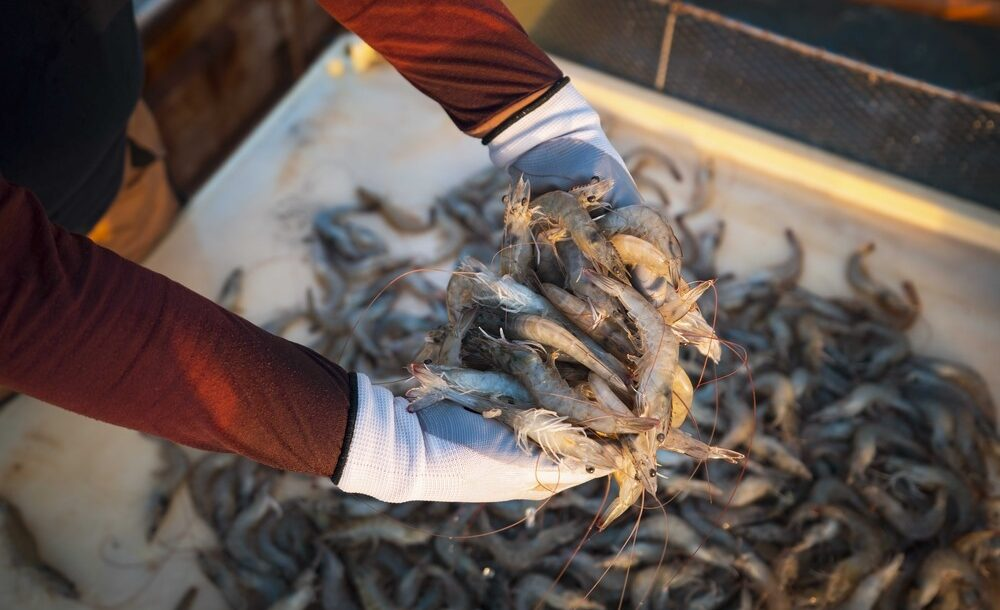MUSCAT: Shrimp fishing season in Oman holds great economic and cultural importance, particularly for coastal communities across the governorates of South Sharqiyah, Dhofar, and Al Wusta. The Ministry of Agriculture, Fisheries, and Water Resources highlights that shrimp is among the country’s most valuable marine resources, playing a crucial role in supporting local livelihoods while contributing significantly to the national economy. The high nutritional value of shrimp, combined with its strong demand in both local and international markets, underscores its strategic importance to Oman’s fisheries sector. The season not only provides income for fishermen but also stimulates related businesses such as seafood processing, transportation, and export operations.
Oman’s territorial waters are home to an impressive diversity of shrimp species, with a total of 12 identified types thriving in the country’s marine ecosystems. However, traditional fishing practices primarily focus on four commercially significant varieties: white Indian shrimp, white shrimp, tiger prawns, and dotted shrimp. These species are highly sought after for their quality and flavor, making them staples in both domestic cuisine and international seafood markets. The Ministry emphasizes the importance of maintaining sustainable harvesting practices to preserve these valuable resources for future generations, ensuring that fishing activities remain aligned with environmental and regulatory guidelines.
The primary shrimp habitats in Oman are concentrated along the coasts of Al Wusta and South Sharqiyah, as well as the waters surrounding Masirah Island and the Mahout area. These regions offer the ideal marine conditions for shrimp breeding and growth, creating thriving ecosystems that sustain large populations of the species. Fishermen in these areas often rely on traditional net fishing techniques passed down through generations, preserving cultural heritage while ensuring effective resource utilization. This strong connection between coastal communities and shrimp fishing reflects a deep-rooted relationship with the sea that continues to shape the identity and economy of these regions.
With growing international demand for high-quality seafood products, Oman’s shrimp industry is poised for further expansion, provided it adheres to sustainable fishing standards. Government initiatives aim to enhance production while safeguarding marine biodiversity through controlled fishing seasons, monitoring programs, and habitat protection campaigns. These measures help maintain ecological balance while supporting the economic aspirations of local fishermen and exporters. By combining traditional knowledge with modern management strategies, Oman seeks to position its shrimp industry as a model of sustainable growth within the global seafood market.



